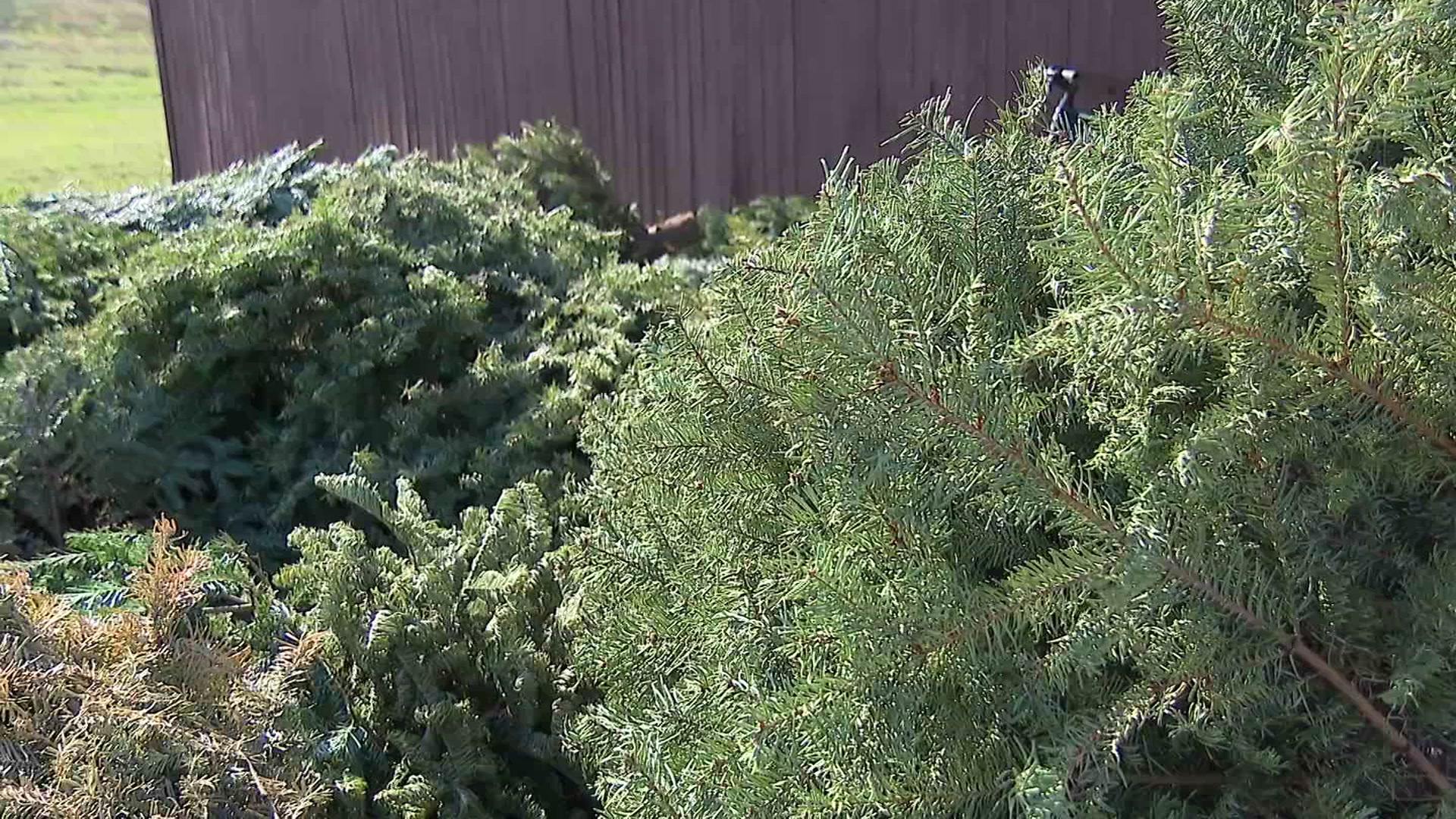On Thursday, the director of the FBI, Christopher Wray visited Dallas to highlight local accomplishments made against crime. However, he warned more work is needed, especially when it comes to fighting violent crimes committed by teenagers.
Local police chiefs, state and federal officials joined Wray at the Dallas FBI Office for a meeting behind closed doors. Ahead of the private discussion, Wray held a brief press conference to address the crimes affecting neighborhoods across North Texas and the country.
“We appreciate the sacrifices that all the men and women who work for them have made and continue to make serving this community,” Wray said. “So, we're proud to stand shoulder to shoulder with all of our law enforcement partners here in Texas.”
Wray applauded the work spearheaded by Dallas Police Chief Eddie Garcia.
Get top local stories in DFW delivered to you every morning. >Sign up for NBC DFW's News Headlines newsletter.
“One of the things I plan to raise with (the group)… is the success of the Dallas Police Department’s Violent Crime Reduction Plan,” Wray said. “Because of the great work these partnerships represent, we've seen a reduction in overall violent crime in this area.”
However, he said there is a growing concern about younger people committing violent crimes.
“We're noticing a troubling increase in juvenile offenders. And that increase matches trends that we're seeing on a national level,” Wray said. “And I'm seeing that both in the crime statistics the FBI collects and hearing it in the conversations I have with police chiefs and sheriffs.”
Local
The latest news from around North Texas.
"Whether it's carjackings, armed robberies or even worse violence, juveniles committing serious violent crimes are a challenge that everybody in law enforcement faces these days," Wray said.
According to Wray, the FBI has investigated numerous cases where social media or gaming platforms are used by recruiters and help incite violence.
“There's an awful lot of connectivity between juveniles from across multiple states or even multiple countries where you get kids essentially online, whether it's a gaming platform or some social media platform, essentially egging each other on to commit violence,” Wray said.
However, Wray said juveniles are committing crimes that go beyond guns and gangs.
“Hardly a week goes by that I'm not briefed on a juvenile here in the United States motivated to commit extremist violence, including here in North Texas,” Wray said. “In fact, each of the past three years, the Dallas area has seen an increase in cases involving juveniles inspired by foreign terrorist organizations like ISIS.”
When asked what more needs to be done at a federal level to close cases and put violent juvenile offenders behind bars, Wray said laws are not well tailored to deal with juvenile violence and crime.
"It's one of the reasons we've had to be even more resourceful working together with the U.S. Attorney's Office, with State, (and) local prosecutors who often may have more readily available, tools,” Wray said. “Repeat violent offenders need to be held accountable, even if they're juveniles.”
Wray’s visit to Dallas also highlights the accomplishments made through partnerships with local law enforcement agencies.
"At the end of the day, we can accomplish so much more when we work together. And you can see that in the serious dent that we've put collectively in the overall violent crime here," Wray said. "For example, this past July, the FBI Dallas Safe Streets Task Force with task force officers from the Dallas and Irving Police Departments, the Dallas County Sheriff's Department and the Texas Department of Criminal Justice led a coordinated takedown of almost 50 gang members following a two-year investigation."
The FBI’s Dallas Safe Streets Task Force and Transnational Organized Crime Task Forces have also helped take down the criminals distributing opioids and fentanyl, including the Carrollton fentanyl case that resulted in multiple fatal overdoses.
"What we, the FBI, are seeing nationally, is that Mexican transnational criminal groups, the cartels continue to be the primary source, of fentanyl. That's the scourge of this country. And it's typically produced with Chinese-sourced precursors," Wray said. “I think the FBI has something like 380 thereabouts investigations just into cartel leadership. And so, we're hitting distribution supply.”
In December, the FBI busted a county-wide sex trafficking operation in Collin County that resulted in the arrest of several people.
“Just last month, the Child Exploitation Task Force here working with the Plano Police Department and an FBI hostage rescue team, led an operation against a sex trafficking ring,” Wray said. “One that brutally controlled women with tasers and shock collars, breaking bones and even waterboarding them all while also threatening the safety of their families. As of now, five subjects have been located and arrested. These are the kind of people that we're taking off the streets working together… We're working with foreign partners, obviously, in places like Mexico, continuing to work with our law enforcement partners there, wherever we can.”
Still, Wray said when it comes to opioids and fentanyl, the solution requires a multi-agency approach.
"Frankly, it's bigger than law enforcement. It requires, you know, health professionals and all sorts of other (professionals)... It is a scourge, and we're committed to doing our part. It's very rare these days that I would go a month without hearing about some FBI field office that isn't seizing in one seizure enough fentanyl to wipe out an entire state, one office, one seizure. And that's happening all year long.”
And while a brief visit, Wray said the FBI will continue working alongside local and State partners and address strategies to reduce crime and keep communities safe.



